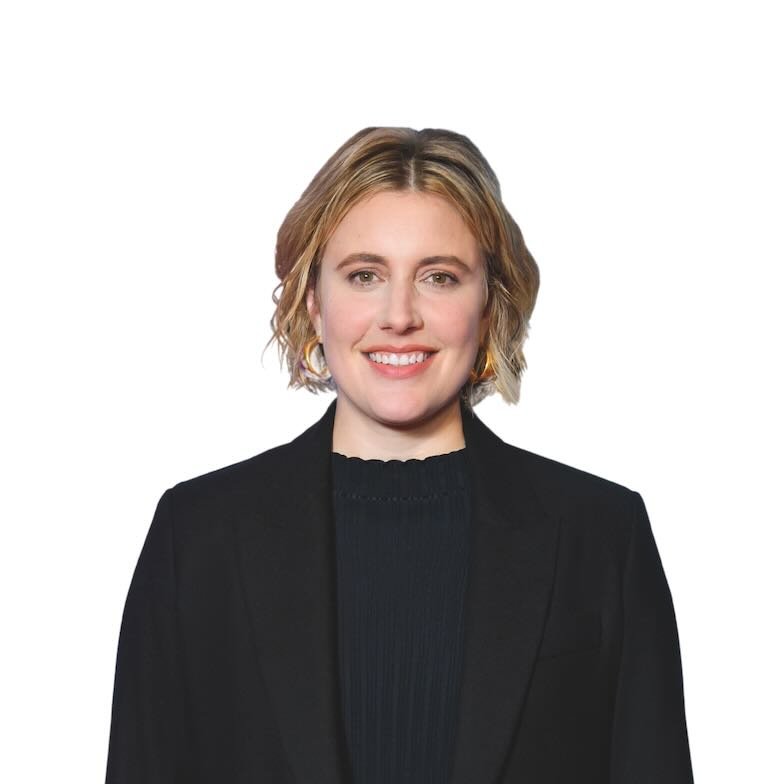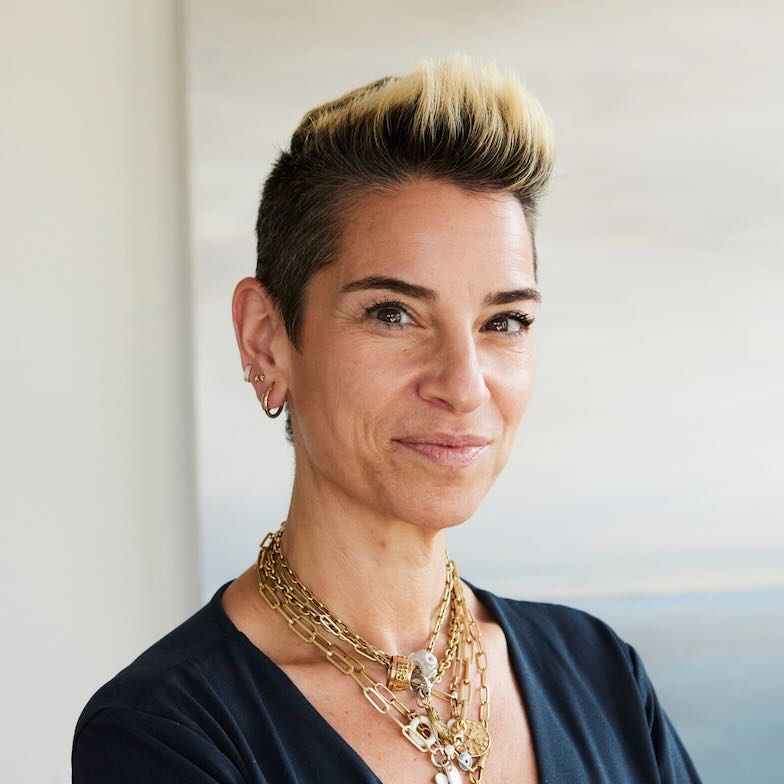
She is the highest-grossing solo female director of all time, raking in more than $1.4 billion in worldwide box office sales for “Barbie.” Her take on the iconic doll has sparked important conversation around how rampant sexism still is throughout society.
With critically acclaimed coming-of-age films like “Frances Ha” in 2012, “Lady Bird” in 2017, and “Little Women” in 2019, Greta Gerwig is known for delivering that special brand of storytelling that can whimsically take an audience on the hero’s journey, while simultaneously exploring the often dark and paradoxical demands made of women in pursuit of the feminine ideal.
She got the chance to co-write and direct “Barbie” when Margot Robbie, who produced and starred in the film, realized the movie needed the director’s unique vision. Gerwig addressed the complexity of challenges women face in everyday life–from being boxed into roles in their relationships to having to fight for the right to reach their full potential in their jobs–while sugar-coating it with optimism to ensure the story resonates with the widest audience possible.
“I wanted to channel something that had that ache in it, but also something so wild and unruly,” Gerwig told the Associated Press. Having written the screenplay with her partner Noah Baumbach during the pandemic lockdown, she felt the need to create something that would spill out over the edges and drive audiences back into movie theaters to enjoy the spectacle with a large group of people in front of a giant screen, she explained.
With that, Gerwig wound up creating not just a vehicle for conversation, but also a commercial success beyond anyone’s wildest expectations.
Just three weeks into the blockbuster’s run, her loud and proud creation became a billion dollar box office bonanza, with the chief executive officers of Warner Bros. Discovery and Mattel singing her praises. Not only did the “Barbie” movie spike company earnings, but its genius global marketing campaign turned every asset across WBD’s divisions pink. And it had a ripple effect across the greater U.S. economy, resulting in a frenzy of consumer spending from random runs on pink paint to a surge in sales of Birkenstocks. It also boosted dissimilar movies released at the same time, including “Oppenheimer” which grossed close to a billion dollars thanks to a viral Barbenheimer meme.
Although she has yet to win an Oscar, Gerwig has won big where it counts the most—convincing the Hollywood studio chiefs to give her the blockbuster budgets that have traditionally gone to men. Across the entire entertainment industry, women are still woefully underrepresented, comprising less than one third of directors, writers, producers, editors, and cinematographers, according to the Center for the Study of Women in Television and Film at San Diego State University.
The hope is that Gerwig’s success will pave the path for other female filmmakers. Netflix has already given her the greenlight to write and direct the first two in a series of films for the Chronicles of Narnia franchise. Authored by C.S. Lewis in the 1950s, the story begins with the young adult classic, The Lion, The Witch and The Wardrobe, about four British siblings who escape into a fantasy world in the English countryside during the World War II blitz of London.
Being entrusted with one of the most beloved children’s tales of all time, Gerwig told the Inside Total Film podcast that she’s properly scared of it, which she is taking as a good sign.
“Having another big canvas is exciting—and also daunting,” she said.


